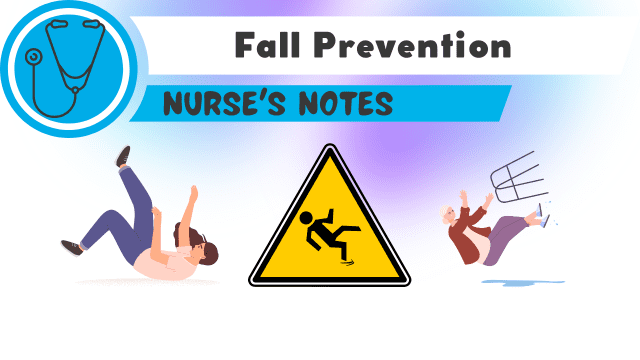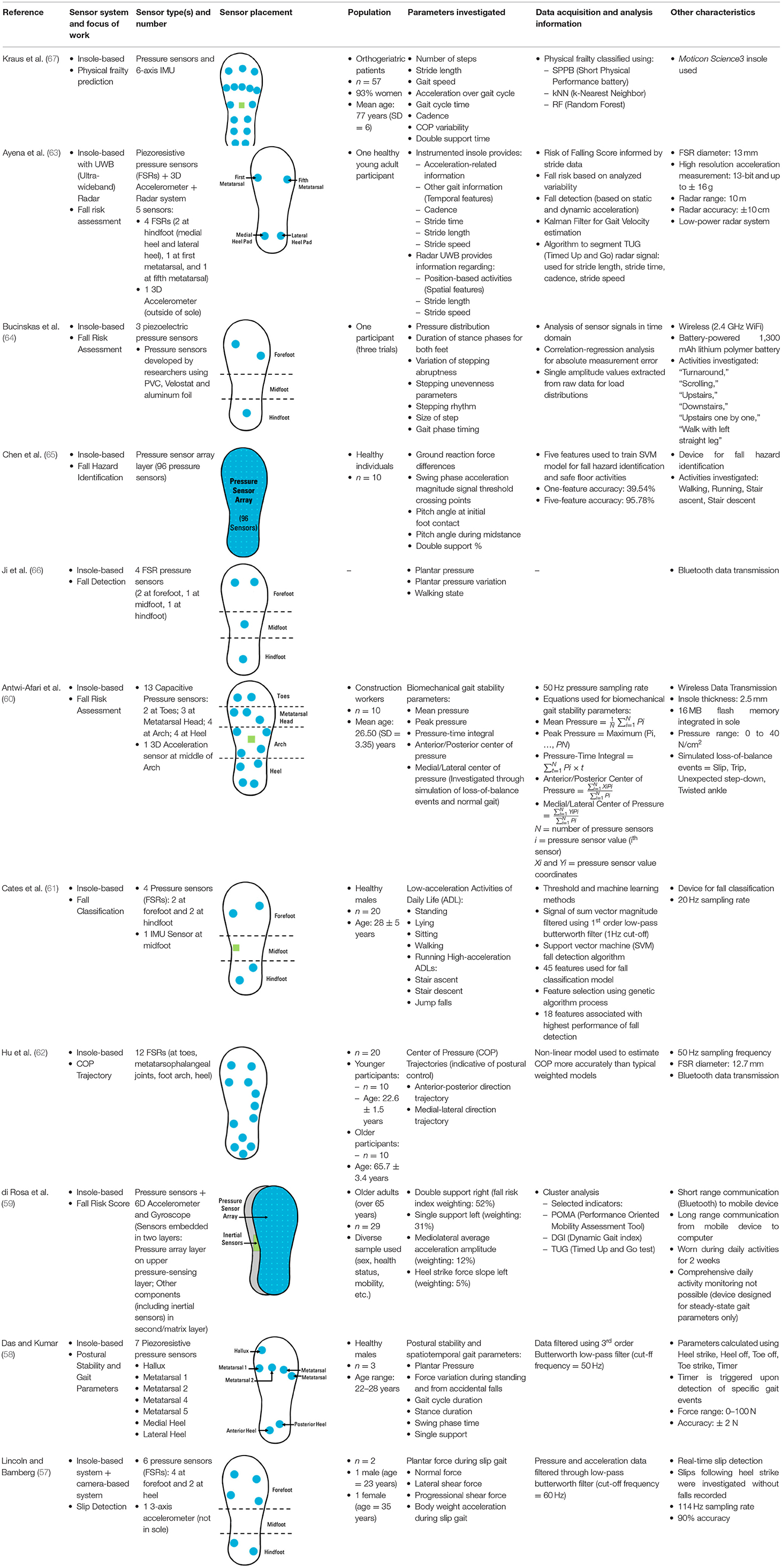The Ultimate Guide To Dementia Fall Risk
The Ultimate Guide To Dementia Fall Risk
Blog Article
The Ultimate Guide To Dementia Fall Risk
Table of ContentsThe Ultimate Guide To Dementia Fall RiskEverything about Dementia Fall RiskWhat Does Dementia Fall Risk Mean?Indicators on Dementia Fall Risk You Should Know
An autumn threat evaluation checks to see just how likely it is that you will fall. It is mainly provided for older adults. The assessment generally consists of: This includes a series of concerns about your general wellness and if you have actually had previous drops or issues with equilibrium, standing, and/or walking. These devices examine your strength, balance, and gait (the means you stroll).Interventions are referrals that may minimize your danger of falling. STEADI consists of three actions: you for your risk of dropping for your danger aspects that can be improved to try to stop drops (for instance, equilibrium troubles, impaired vision) to lower your danger of falling by utilizing efficient techniques (for instance, giving education and learning and sources), you may be asked a number of concerns including: Have you dropped in the previous year? Are you fretted concerning falling?
If it takes you 12 secs or more, it might imply you are at greater danger for an autumn. This examination checks stamina and equilibrium.
The placements will certainly obtain more challenging as you go. Stand with your feet side-by-side. Move one foot halfway forward, so the instep is touching the large toe of your various other foot. Move one foot completely in front of the other, so the toes are touching the heel of your various other foot.
Dementia Fall Risk for Beginners
The majority of falls take place as a result of numerous adding factors; for that reason, managing the danger of dropping starts with identifying the variables that contribute to fall risk - Dementia Fall Risk. A few of one of the most appropriate danger variables consist of: Background of prior fallsChronic clinical conditionsAcute illnessImpaired stride and equilibrium, lower extremity weaknessCognitive impairmentChanges in visionCertain risky drugs and polypharmacyEnvironmental variables can additionally increase the threat for falls, including: Insufficient lightingUneven or damaged flooringWet or unsafe floorsMissing or damaged handrails and order barsDamaged or improperly equipped devices, such as beds, mobility devices, or walkersImproper use assistive devicesInadequate guidance of the individuals living in the NF, including those that show aggressive behaviorsA successful fall risk administration program needs a comprehensive professional assessment, with input from all members of the interdisciplinary team

The care strategy must also include treatments that are system-based, such as those that advertise a secure setting (ideal lights, hand rails, order bars, and so on). The efficiency of the interventions should be evaluated occasionally, and the treatment strategy changed as essential to you could check here show changes in the loss risk analysis. Applying an autumn risk monitoring system using evidence-based finest practice can lower the prevalence of falls in the NF, while limiting the potential for fall-related injuries.
The Best Guide To Dementia Fall Risk
The AGS/BGS standard suggests evaluating all adults aged 65 years and older for fall risk yearly. This screening includes asking individuals whether they have actually dropped 2 or more times in the previous year or sought medical attention for an autumn, or, if they have actually not dropped, whether they really feel unstable when walking.
Individuals that have actually dropped when without injury needs to have their balance and gait assessed; those with gait or balance abnormalities must get extra assessment. A history of 1 autumn without injury and without stride or balance problems does not require more assessment past ongoing yearly fall danger screening. Dementia Fall Risk. A loss risk assessment is called for as part of the Welcome to Medicare assessment

The Definitive Guide for Dementia Fall Risk
Documenting a falls history is one of the high quality indicators for autumn prevention and monitoring. Psychoactive medicines in certain are independent forecasters of falls.
Postural hypotension can typically be minimized by minimizing the dosage of blood pressurelowering medications and/or quiting drugs that have orthostatic find out here hypotension as an adverse effects. Use above-the-knee assistance pipe and sleeping with the head of the bed boosted may likewise decrease postural reductions in blood stress. The preferred aspects of a fall-focused physical exam are displayed in Box 1.

A TUG time above or equivalent to 12 seconds suggests high loss risk. The 30-Second Chair Stand examination evaluates lower extremity toughness and balance. Being unable to stand from a chair of knee elevation without using one's arms indicates raised autumn risk. The 4-Stage Balance test examines fixed balance by having the individual stand in 4 placements, each considerably a lot more difficult.
Report this page